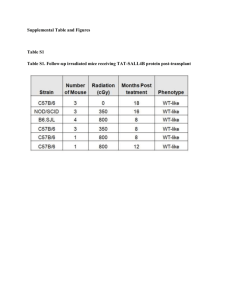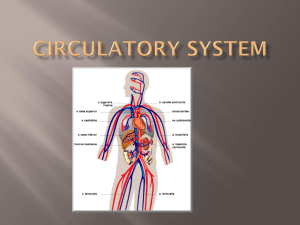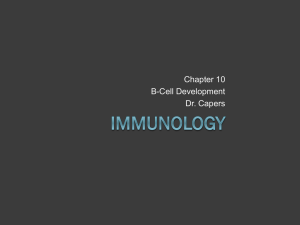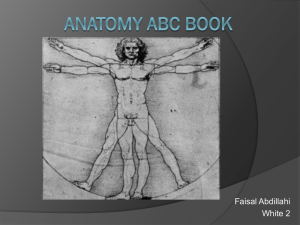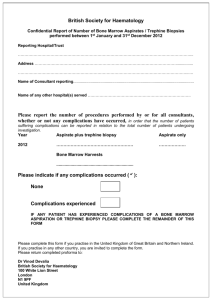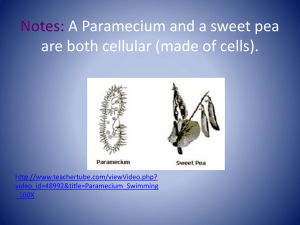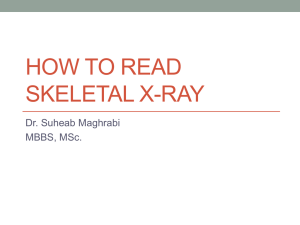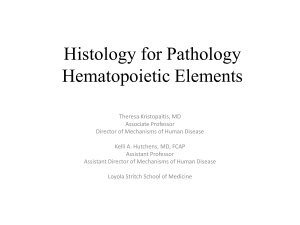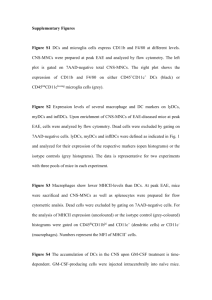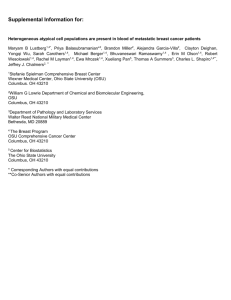Supplementary Figure Legend
advertisement
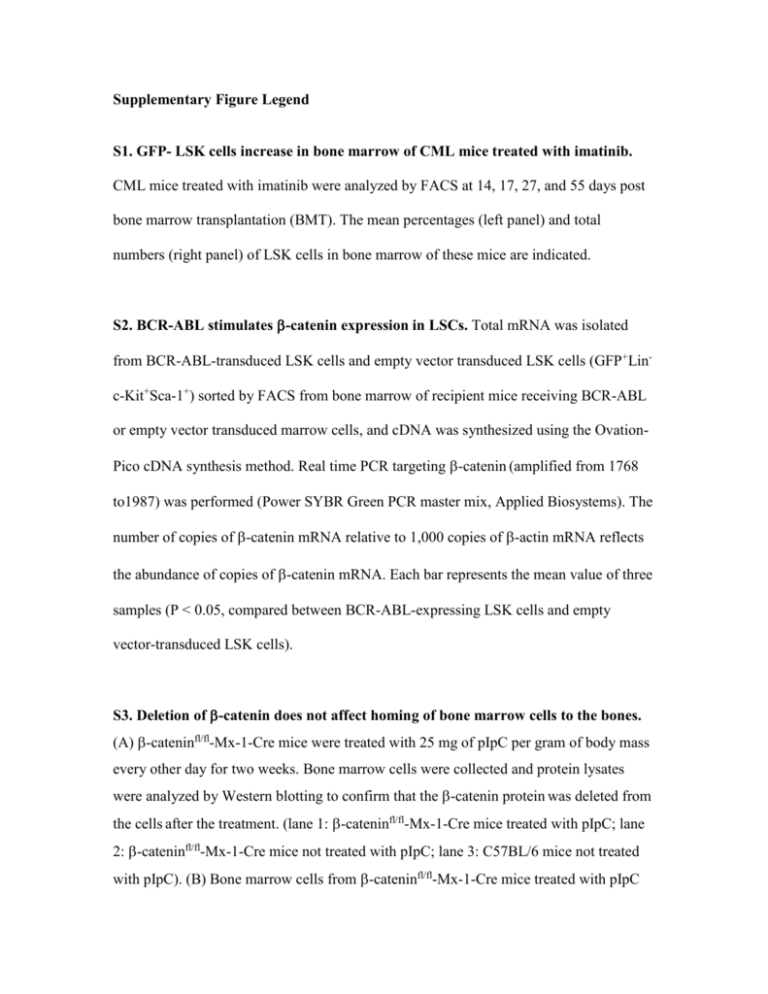
Supplementary Figure Legend S1. GFP- LSK cells increase in bone marrow of CML mice treated with imatinib. CML mice treated with imatinib were analyzed by FACS at 14, 17, 27, and 55 days post bone marrow transplantation (BMT). The mean percentages (left panel) and total numbers (right panel) of LSK cells in bone marrow of these mice are indicated. S2. BCR-ABL stimulates -catenin expression in LSCs. Total mRNA was isolated from BCR-ABL-transduced LSK cells and empty vector transduced LSK cells (GFP+Linc-Kit+Sca-1+) sorted by FACS from bone marrow of recipient mice receiving BCR-ABL or empty vector transduced marrow cells, and cDNA was synthesized using the OvationPico cDNA synthesis method. Real time PCR targeting -catenin (amplified from 1768 to1987) was performed (Power SYBR Green PCR master mix, Applied Biosystems). The number of copies of -catenin mRNA relative to 1,000 copies of -actin mRNA reflects the abundance of copies of -catenin mRNA. Each bar represents the mean value of three samples (P < 0.05, compared between BCR-ABL-expressing LSK cells and empty vector-transduced LSK cells). S3. Deletion of -catenin does not affect homing of bone marrow cells to the bones. (A) -cateninfl/fl-Mx-1-Cre mice were treated with 25 mg of pIpC per gram of body mass every other day for two weeks. Bone marrow cells were collected and protein lysates were analyzed by Western blotting to confirm that the -catenin protein was deleted from the cells after the treatment. (lane 1: -cateninfl/fl-Mx-1-Cre mice treated with pIpC; lane 2: -cateninfl/fl-Mx-1-Cre mice not treated with pIpC; lane 3: C57BL/6 mice not treated with pIpC). (B) Bone marrow cells from -cateninfl/fl-Mx-1-Cre mice treated with pIpC were mixed 1:1 with C57BL/6-Tg(UBC-GFP)30Scha/J bone marrow cells (both types of cells are CD45.2-positive). 6x106 mixed cells were injected into B6.SJL-Ptprca Pepcb/BoyJ mice (CD45.1) via the tail veins. After 3 hours, bone marrow cells were collected and analyzed via flow cytometer. Prior to injection, percentages of CD45.2+GFP+ (wild type) and CD45.2+GFP- (beta-catenin-deficient) cells in the 1:1 mixture were similar (51% vs 49%, left panel), and after the injection, bone marrow cells were gated for CD45.2+ donor cells (middle panel), and percentages of CD45.2+GFP+ and CD45.2+GFP- cells in PB of CD45.1 recipient mice were still similar (right panel), indicating that there is no homing defect in bone marrow cells deficient for -catenin.
